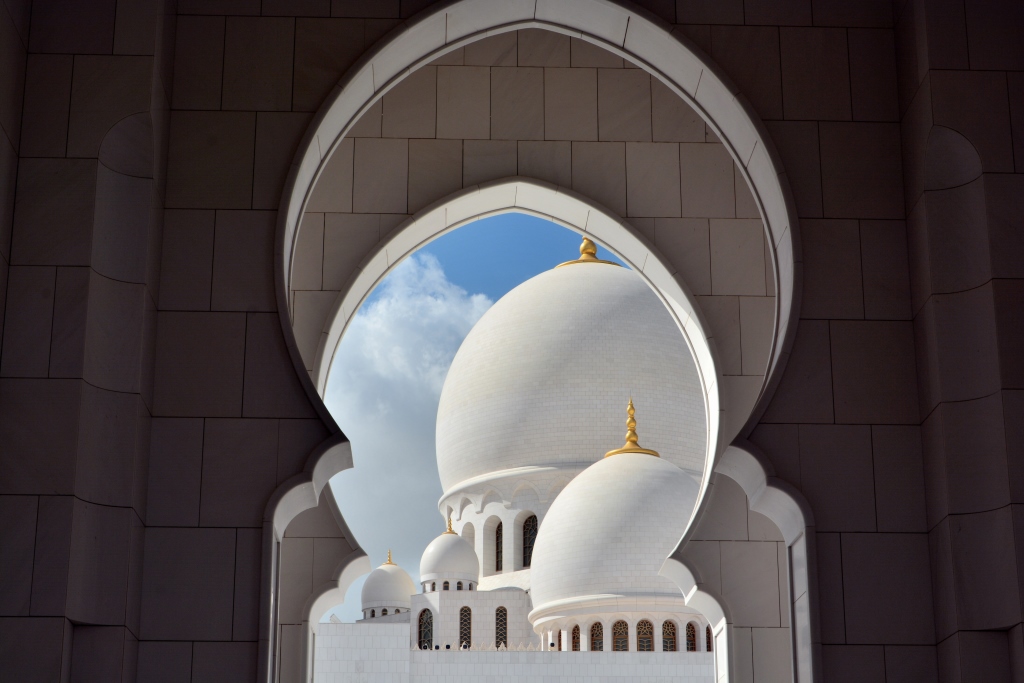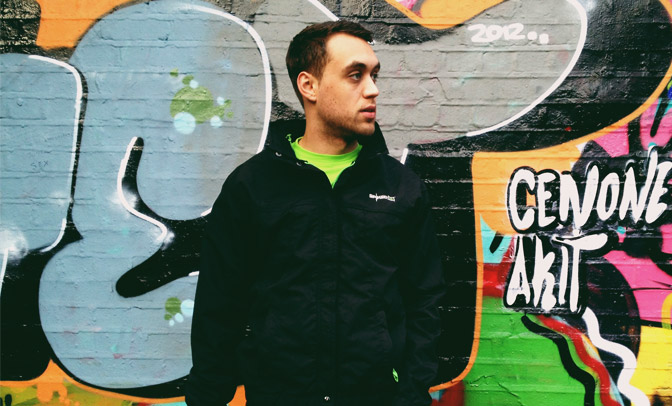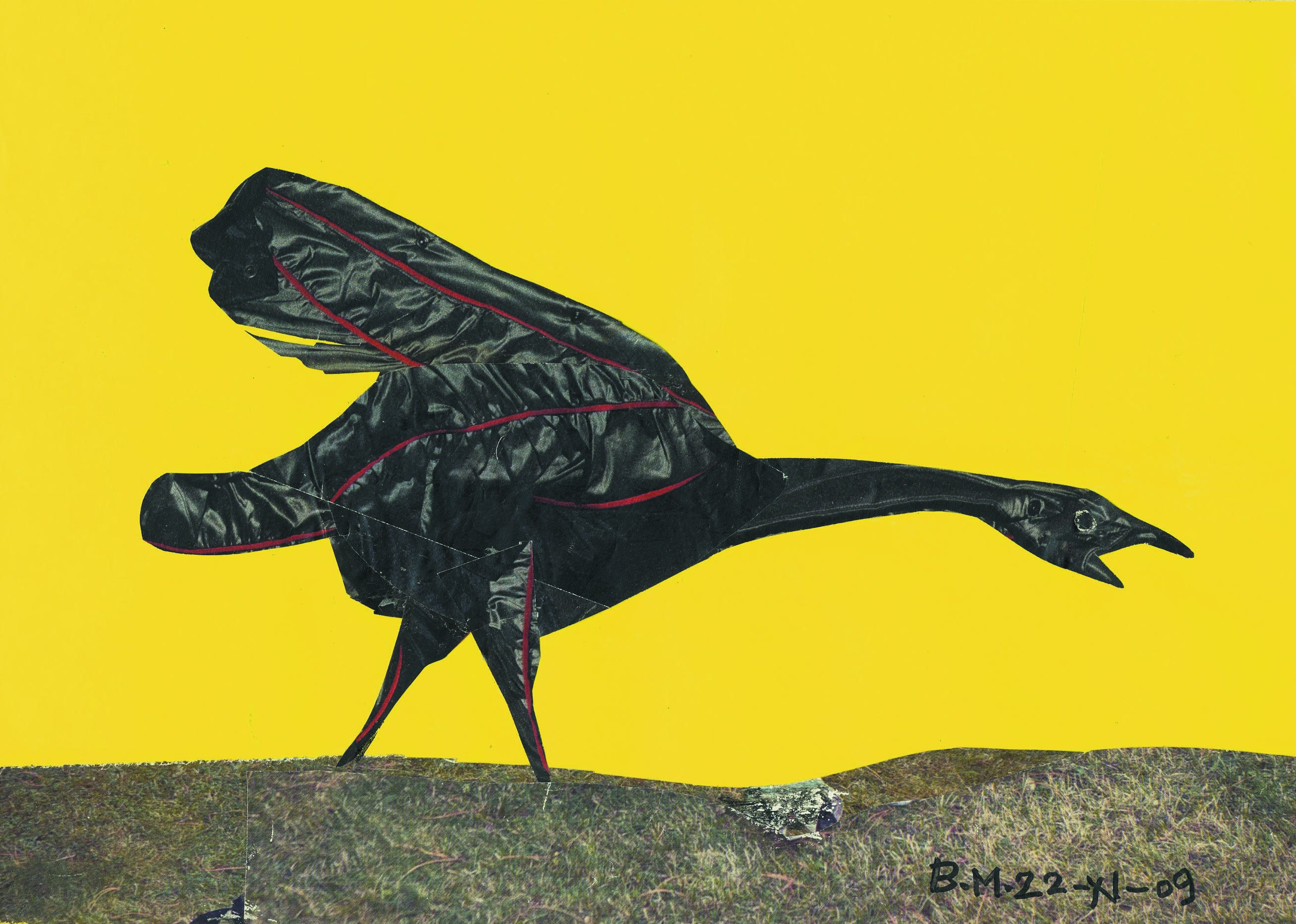When Dubai’s Aashish Rajesh was shortlisted for the Sony World Photography Awards this month for his image of the Grand Mosque in Dubai, it was a landmark moment both for the 16-year-old and the status of photography in the UAE. But it also revealed much about how the notion of photography as an art form is changing across the world. No longer is it an impossibly lofty pursuit practiced by enthusiasts with expensive equipment. Social networking and mobile phone cameras have had a democratising influence.
“I got into photography at a workshop at my church,” says Rajesh, who is up against Italian, Russian, American, Romanian and Iranian photographers in the Youth Culture category. “And the one thing we were taught was that the best camera you had was the one in your hand at that moment. So if that’s a mobile phone, then great. Using Instagram filters and so on is a fantastic way to share your work.”
Rajesh took his shortlisted photo with a standard DSLR, a camera he says is a great option for his passion in photography right now. But his choice of image was interesting: Rajesh says the Grand Mosque was a personal reaction to his adopted home. “I’m proud of Dubai, which is why I put a lot of effort into this photograph. People don’t think of the UAE’s classic architecture, and I hope this image will make them think again about its culture.”
Rajesh’s hopes for his photography mirror the aims of the Sony World Photography Awards’ parent body, the World Photography Organisation. It’s keen to stress that competitions such as these aren’t just about promoting photography and photographers to a worldwide audience who will marvel at an aesthetic image. The WPO’s many philanthropic initiatives are also bound up in a desire to remind the world of the power of the perfect shot: its Youth On Assignment project has helped students to capture important social issues in South Africa, Malawi, Tanzania and Australia.
It’s telling, too, that last year’s overall winner was Norwegian photographer Andrea Gjestvang. Her moving portraits of the surviving children and youths from the Utoeya massacre near Oslo in 2011 asked us to think again about the impact of dramatic events on otherwise normal people.
And Rajesh agrees that the competition and photography in general can encourage much more global awareness and understanding than a fleeting moving image on a television screen.
“Photography makes you stop and think for yourself,” he says. “That’s why it can be so powerful.”
The winners of the Sony World Photography Award will be announced on 30 April.


